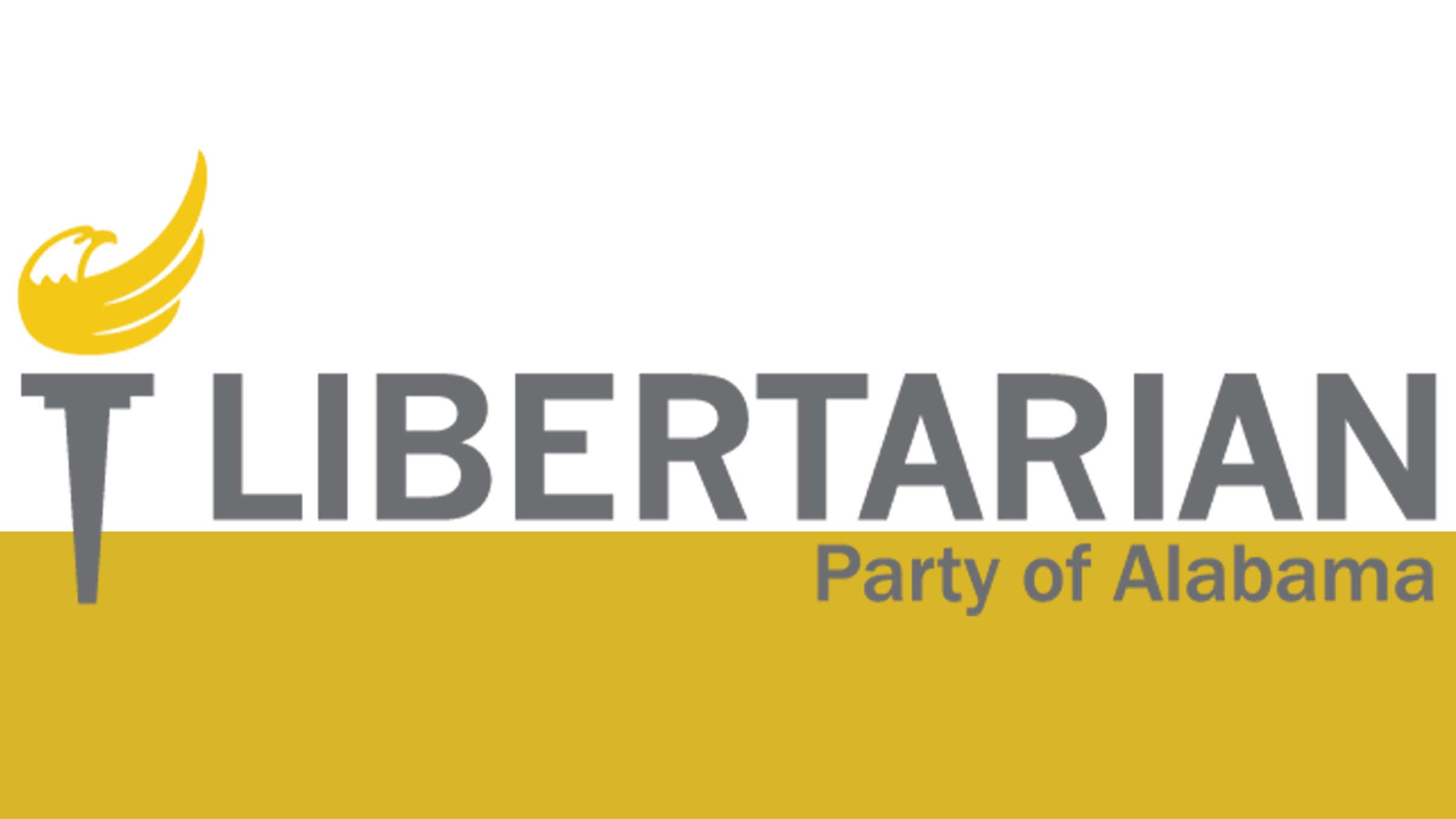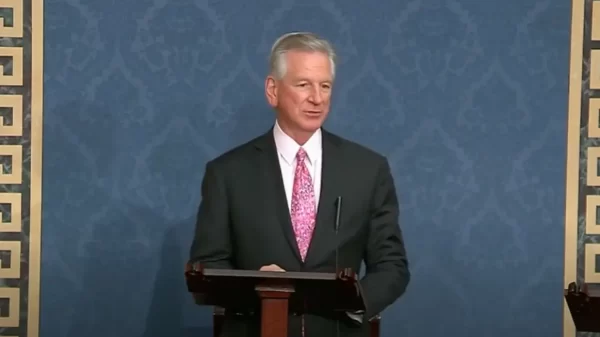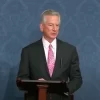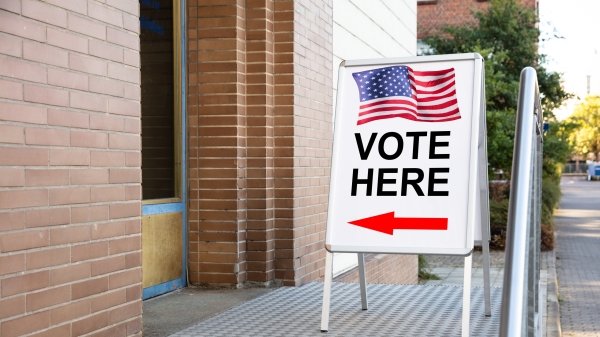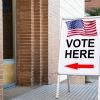|
Getting your Trinity Audio player ready...
|
For the past 20 years, the Alabama Libertarian Party has supported just a handful of candidates in each election cycle, with Alabama’s ballot access laws posing a seemingly insurmountable obstacle for third parties in the state.
But come Nov. 8, the party will make its presence known with more than 50 candidates running up and down the ballot.
But what led to the party’s sudden resurgence, and why now?
Richard Winger, an avid researcher of ballot access laws across the country, said the party’s inability to get a free copy of the voter rolls in 2019 lit a fire to make a change.
While the Republican and Democrat parties in Alabama get free copies of the voter rolls, most everyone else has to pay a penny per name, which came out to almost $36,000 in 2019.
The Alabama Libertarian Party sued Secretary of State John Merrill in 2019 over the law, but the 11th Circuit Court disagreed that Supreme Court precedent guarantees minor parties equal access.
“The Supreme Court already settled this,” Winger told APR, continuing the argument made in the case. “But the judges in Alabama are so bad they wouldn’t even give us a victory on that. They said it was constitutional to just give the list to Democrats and Republicans. That made me so unhappy that I thought, ‘I’ve just got to do something about this.’”
So Winger gave $40,000 of his own money to the Alabama Libertarian Party to start a ballot petition.
“If the secretary of state had not been so pigheaded about getting us the list of registered voters, this probably wouldn’t have happened,” Winger said. “Their own nastiness and cruelty caused this.”
Laura Lane, the chair of the Libertarian Party at the time, said Winger approached her after the Supreme Court refused to hear the case. Lane recalled hearing from many people at the time who were not members of the Libertarian Party who said they wanted to vote for the national party’s candidate, Jo Jorgensen, for president in 2020. But they couldn’t find her name on the ballot in Alabama — she was there, but listed as an independent instead of a Libertarian, which Lane said led to confusion for the voters.
“I just got disgusted with the whole process and everything,” Lane said. “I’m one of those people, if someone says you can’t do, that I’m going to be like ‘Oh watch me.’”
Alabama’s ballot access laws present a major challenge unlike most any other state in the country.
“A party can stay on with no vote test in Mississippi, the party is on the ballot if it wants to be, and it works fine,” Winger said. “In South Carolina, they just have to run one candidate every four years. In Florida, there’s no petition, they just turn in a list of state officers and bylaws. In Louisiana, a party can get on the ballot if it has just 1,000 registered members. Alabama’s way out of line with the rest of the country.”
But the party has met the challenge at least once before in 2000, and they set out to make it happen once again.
Soon, the party had petitioners all over the state, looking to hit the magic number of 51,588 signatures, 3 percent of the voters in the previous gubernatorial election. The party petitioned for about a year and a half before submitting the petition to the secretary of state’s office and ended up with more than 71,000 valid signatures to secure ballot access for the 2022 cycle.
But it took more than Winger’s $40,000 seed money to pull it off. Lane said the party hired a professional fundraiser who helped to bring more money in during the campaign and, with the petitioning process already well underway, gained about $100,000 in support from the National Libertarian Party.
Meanwhile, Lane said petitioners were sometimes met with resistance as they attempted to petition for signatures outside different government offices.
Lane said one petitioner in Mobile was “physically assaulted” by government officials seeking to remove him from the property, although she wasn’t sure if a police report was filed regarding the incident. And she said police were called on petitioners in Baldwin County on multiple occasions, but the officers agreed that the petitioners had a Constitutional right to stay and continue.
“It is hard to fight the machine, but we’re still fighting it,” Lane said.
The battle is far from over; the party will need at least one statewide candidate to get 20 percent of the vote to maintain ballot access for the 2024 election.
That’s 10 times the national median of 2 percent; the next highest bar for ballot access is Kentucky, which requires a party to get 15 percent of the vote to stay on the ballot.
“I would propose that it’s a form of voter restriction that’s keeping choices away from voters,” said Gavin Goodman, current chair of the Alabama Libertarians.
Winger said 2018 election data gives him hope that the effort to get on the ballot won’t be in vain, as several states saw statewide Libertarian candidates get past that 20 percent threshold.
If the party doesn’t hit that number though, it will be back to square one.
“If we don’t make it, it’s going to be quite demoralizing for a number of us, but obviously we have to keep pushing,” Lane said. “We’re going to keep pushing because we need change. They are hitting our pocketbooks too much. As long as I’m involved, I’m going to be pushing for the party to keep going. There’s too much at stake here.”
If they do have to petition again, the party will at least have one advantage: as a recognized party on the ballot, it will get a free copy of the voter list.







































